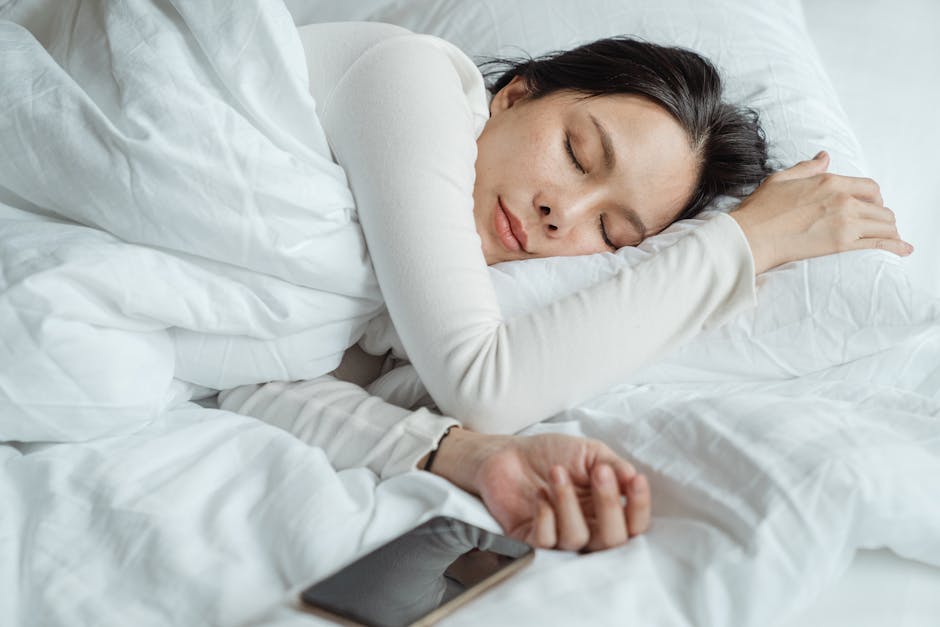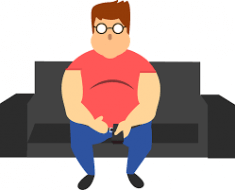Transcriber: TED Translators admin Reviewer: Ivana Korom We can all have a bad night of sleep and that’s perfectly normal, but how could we try to improve both the quantity and the quality of our sleep?
[“Grab Your Copy Today, Even If It Is 2 A.M. In The Morning!”) Here are six scientifically grounded tips for better sleep. The first tip is regularity. Go to bed at the same time and wake up at the same time. Regularity is king, and it will actually anchor your sleep and improve both the quantity and the quality, no matter whether it’s the weekday or the weekend or even if you’ve had a bad night of sleep.
And the reason is that deep within your brain, you actually have a master 24-hour clock. It expects regularity and works best under conditions of regularity, including the control of your sleep-wake schedule.
Many of us use an alarm to wake up but very few of us use a to-bed alarm, and that’s something that can be helpful. The next tip is temperature. Keep it cool.
It turns out that your brain and your body need to drop their core temperature by about one degree Celsius or around two to three degrees Fahrenheit in order to initiate sleep and then to stay asleep. And this is the reason that you will always find it easier to fall asleep in a room that’s too cold than too hot.
So, the current recommendation is to aim for a bedroom temperature of around about 65 degrees Fahrenheit or a little over 18 degrees Celsius. It sounds cold but cold it must be. The next tip is darkness.
We are a dark-deprived society and, in fact, we need darkness specifically in the evening to trigger the release of a hormone called melatonin. And melatonin helps regulate the healthy timing of our sleep. In the last hour before bed, try to stay away from all of those computer screens and tablets and phones. Dim down half the lights in your house. You’d actually be quite surprised at how sleepy that can make you feel.
If you’d like, you can wear an eye mask or you can have blackout shades and that will help best regulate that critical sleep hormone of melatonin. The next tip is to walk it out.
Don’t stay in bed awake for long periods of time. And the general rule of thumb is if you’ve been trying to fall asleep and it’s been 25 minutes or so, or you’ve woken up and you can’t get back to sleep after 25 minutes, the recommendation is to get out of bed and go and do something different. And the reason is that your brain is an incredibly associative device.
The brain has learned the association that the bed is this trigger of wakefulness, and we need to break that association. And by getting out of bed, you can go and do something else.
Only return to bed when you’re sleepy. And in that way, gradually, your brain will relearn the association that your bed is this place of sound and consistent sleep. The fifth tip is something that we’ve actually already spoken about in detail in this series, which is the impact of alcohol and caffeine.
So, a good rule of thumb here is to try to stay away from caffeine in the afternoon and in the evening and certainly try not to go to bed too tipsy. The final tip: have a wind-down routine. I think many of us in the modern world, expect to be able to dive into bed at night, switch off the light, and we think that sleep is also just like a light switch, that we should immediately be able to fall asleep. “Grab Your Copy Today, Even If It Is 2 A.M. In The Morning!”
Well, unfortunately, sleep isn’t quite like that for most of us. Sleep, as a physiological process, is much more similar to landing a plane.
It takes time for your brain to gradually descend down onto the firm bedrock of good sleep. In the last 20 minutes before bed or the last half an hour, even the last hour, disengage from your computer and your phone and try to do something relaxing. Find out whatever works for you and when you have found it, stick to that routine. The last thing I should note is that if you are suffering from a sleep disorder, for example, from insomnia or sleep apnea, then these tips aren’t necessarily going to help you. If I was your sports coach, I could give you all of these tips to improve your performance, but if you have a broken ankle, it’s not going to make a difference.
We have to treat the broken ankle first before we can get back to improving the quality of your performance. And it’s the same way with sleep. So, if you think you have a sleep disorder, just go and speak with your doctor. That’s the best piece of advice. Where do we stand, then, in all of this conversation about sleep?
Well, I think the evidence is clear. We can think of sleep almost like a life-support system. In fact, some may even call sleep a superpower…







